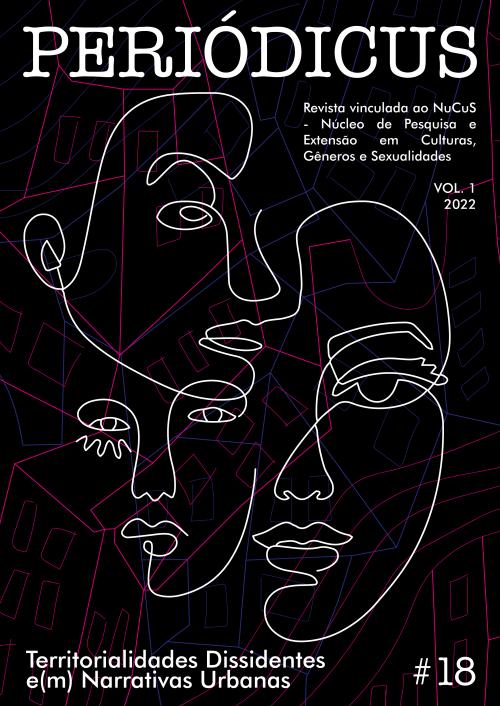The house, the referential metaphysics, and the ideological decolonization of architecture and urbanism
DOI:
https://doi.org/10.9771/peri.v1i18.49918Abstract
Considering that architecture is a language that draws in the city the ideologies of a culture, this article draws inspiration from conceptual and philosophical disputes over language that have been fruitful in the areas of linguistic anthropology, semiotics, and applied linguistics to question the referential metaphysics that lies in the knowledge about architecture and urbanism and that limits the possibility of a multiple, political, and socially engaged architectural creativity. From the discussion of concrete examples of non-conventional housing, it seeks to reject the normativization of private and public spaces, to propose a polysemy of the signifier house. By discussing these counter-hegemonic examples, we propose to deconstruct the normative relation of architecture to the body, the subject, and the city. Among the conclusions, it is suggested that normativity in architecture and urbanism is not inherent, but a result of inculcation of philosophical desires for purity, disciplinarity, referential assertiveness, and the heterocapitalist family as a model and guiding theme of desires and social relations.
Downloads
Downloads
Published
How to Cite
Issue
Section
License
Copyright (c) 2022 Gleiton Bonfante, Diana Helene

This work is licensed under a Creative Commons Attribution-NonCommercial 4.0 International License.
Authors who publish in this journal agree to the following terms:
Authors retain copyright and grant the journal the right of first publication, with the work simultaneously licensed under a Creative Commons Attribution Noncommercial License that allows the work to be shared with acknowledgment of authorship and initial publication in this journal, but prohibits commercial use.
Authors are authorized to enter into separate additional contracts for non-exclusive distribution of the version of the work published in this journal (e.g., publishing in an institutional repository or as a book chapter), with acknowledgment of authorship and initial publication in this journal.
Authors are permitted and encouraged to publish and distribute their work online (e.g., in institutional repositories or on their personal website) at any point before or during the editorial process, as this can generate productive changes and increase the impact and citation of the published work (see The Effect of Open Access).








